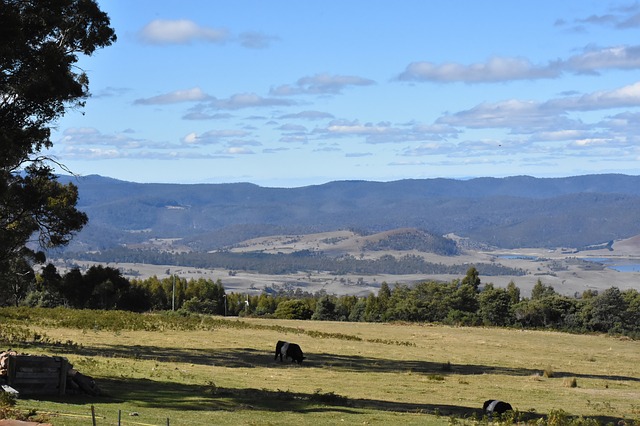



Australian farmers welcome findings of key environmental report
Australia's National Farmers Federation has welcomed the final report that reviews the Environment Protection and Biodiversity Act, saying that the agriculture sector can now work to implement the findings.The National Farmers’ Federation (NFF) welcomes the release of the final report of the second Independent Statutory Review of the Environment Protection and Biodiversity Conservation Act 1999, led by Professor Graeme Samuel AC.
“The NFF has been seeking reform of the Act for more than a decade and the final report provides a pathway for the farm sector,” NFF CEO Tony Mahar said.

“Interim standards will need to assure the farm sector that they reflect no more than the requirements of the Act. The NFF will engage in continued discussions on the detail and implementation of environmental data, assurance data and any other standards the reform proposes.
The government will now proceed to wider consultation.
The NFF continues to test the national environmental standards (NES) process against the following principles:
- Clear understanding of how jurisdictions, acting in concert with the NES process, would adjust their own legislations and incorporate the implementation mechanisms and how the devolution would work;
- Data, biodiversity and other indicators, consultation and strategic implementation are designed into a regional level process;
- The impact of the full reform package is transparently communicated to the sector and it is clear that farmers will not be worse off than the status quo as a consequence of the reform process, and preferably have an improved engagement and understanding;
- Ensuring draft NESs are able to be tested via a case study approach by user groups prior to them becoming enshrined via a legislative instrument.
- Demonstration that scope creep has not been embedded in the NES;
- Satisfaction that measures that balance economic and social indicators are afforded equal footing with environmental priorities; and
- Farmers can conduct themselves under continuing use provisions (Section 43 A and B of the EPBC Act) that do not compromise standard and accepted farm practice.
“Reform of the EPBC Act and consistency in delivery are key outcomes for the farm sector. Farmers must not be left worse off under this reform process,” Mr Mahar said.
“Professor Samuel appears to have made recommendations including the establishment of an Office of Compliance, regional and national planning regime, and public investment in environmental restoration, building on his interim report.
“These recommendations and the broader 200-page final report will be subject to scrutiny and detailed analysis by the NFF and we will continue to consult closely with members and other stakeholders.”


